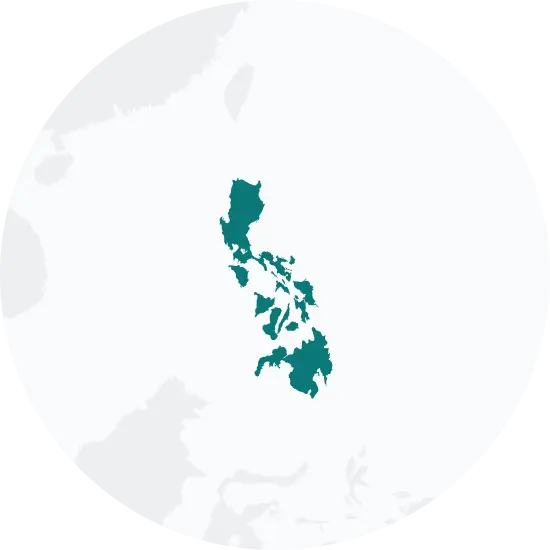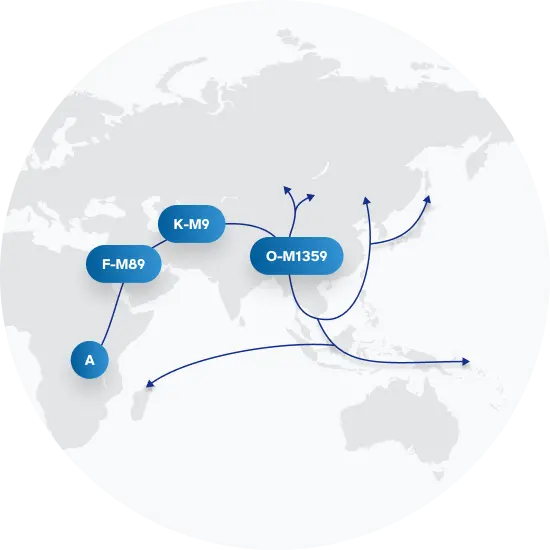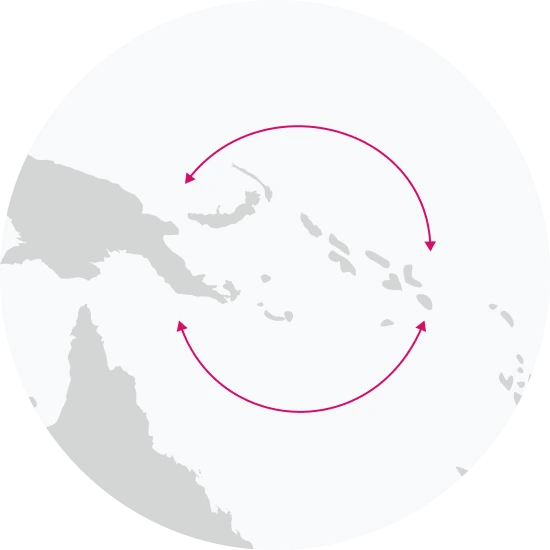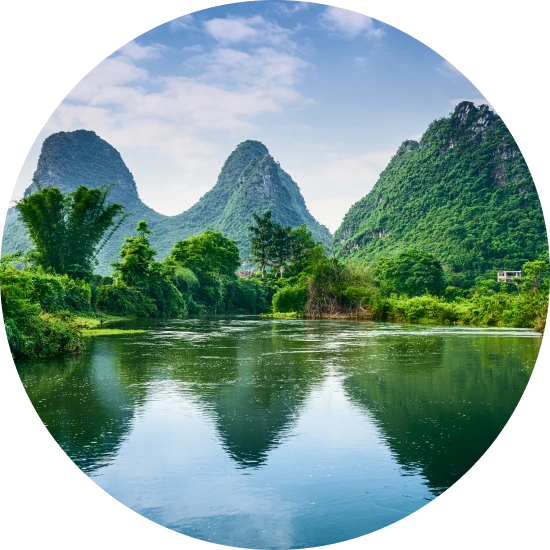Explore the Family Name Domingo
How common is the last name Domingo in the United States?
Based on the Decennial U.S. Census, the popularity of the surname "Domingo" has seen a significant increase from 2000 to 2010. In 2000, the surname ranked at 4140 in terms of popularity and rose to 3283 by 2010, marking a change of 20.7%. The number of individuals with this surname also grew from 7922 to 11012 during the same period, representing a 39.01% increase. Consequently, the proportion of people named Domingo per 100k also increased by 26.87%.
| 2000 | 2010 | Change | |
|---|---|---|---|
| Rank | #4,140 | #3,283 | 20.7% |
| Count | 7,922 | 11,012 | 39.01% |
| Proportion per 100k | 2.94 | 3.73 | 26.87% |
Race and Ethnicity of people with the last name Domingo
The Decennial U.S. Census data also provides insightful information about the ethnic identity associated with the surname Domingo. From 2000 to 2010, there was a notable shift in the distribution of ethnicity. The percentage of individuals identifying as Asian/Pacific Islander decreased by 7.78%, while those identifying as Hispanic saw an increase of 44.86%. Those identifying as White and American Indian and Alaskan Native also decreased by 27.92% and 29.34% respectively. Meanwhile, the percentage of individuals identifying with two or more races slightly increased by 2.02%, and those identifying as Black decreased slightly by 11.76%.
| 2000 | 2010 | Change | |
|---|---|---|---|
| Asian/Pacific Islander | 60.05% | 55.38% | -7.78% |
| Hispanic | 18.77% | 27.19% | 44.86% |
| White | 11.03% | 7.95% | -27.92% |
| Two or More Races | 5.93% | 6.05% | 2.02% |
| Black | 2.55% | 2.25% | -11.76% |
| American Indian and Alaskan Native | 1.67% | 1.18% | -29.34% |
Domingo ancestry composition
23andMe computes an ancestry breakdown for each customer. People may have ancestry from just one population or they may have ancestry from several populations. The most commonly-observed ancestry found in people with the surname Domingo is Filipino & Austronesian, which comprises 45.3% of all ancestry found in people with the surname. The next two most common ancestries are British & Irish (12.4%) and Spanish & Portuguese (10.7%). Additional ancestries include French & German, Indigenous American, Italian, Chinese, and Eastern European.
Ready to learn more about your ancestry? Get the most comprehensive ancestry breakdown on the market by taking our DNA test. Shop 23andMe
| ANCESTRY BREAKDOWN | COMPOSITION |
|---|---|
| Filipino & Austronesian | 45.3% |
| British & Irish | 12.4% |
| Spanish & Portuguese | 10.7% |
| Other | 31.6% |

Possible origins of the surname Domingo
Your DNA provides clues about where your recent ancestors may have lived. Having many distant relatives in the same location suggests that you may all share common ancestry there. Locations with many distant relatives can also be places where people have migrated recently, such as large cities. If a large number of individuals who share your surname have distant relatives in a specific area, it could indicate a connection between your surname and that location, stemming from either recent ancestral ties or migration.
Based on 23andMe data, people with last name Domingo have recent ancestry locations in the Philippines and the United Kingdom of Great Britain and Northern Ireland.
| RECENT ANCESTRY Location | Percentage |
|---|---|
| Metro Manila, Philippines | 57.60% |
| Calabarzon, Philippines | 57.60% |
| Central Luzon, Philippines | 57.60% |
| Central Visayas, Philippines | 57.60% |
| Ilocos Region, Philippines | 57.60% |
What Domingo haplogroups can tell you
Haplogroups are genetic population groups that share a common ancestor on either your paternal or maternal line. These paternal and maternal haplogroups shed light on your genetic ancestry and help tell the story of your family.
The top paternal haplogroup of people with the surname Domingo is O-F706, which is predominantly found among people with East Asian & Indigenous American ancestry. Haplogroup O-F706 is descended from haplogroup O-M1359. Other common haplogroups include O-M110 and IJ-M429, which are predominantly found among people with East Asian & Indigenous American and European ancestry. Other surnames with similar common haplogroups are: Pascual, Antonio, Evangelista, Aquino, Javier, Normand, Norvell, Nottingham, Nova, Edmundson.
The most common maternal haplogroups of people with Domingo surname are: H1, H, B4a1a. These most commonly trace back to individuals of East Asian & Indigenous American and European ancestry.
 Paternal Haplogroup Origins O-M1359
Paternal Haplogroup Origins O-M1359
Your paternal lineage may be linked to many of the Massim groups of Papua New Guinea
Haplogroup O2a is prevalent among Massim ethnic groups, including the populations of Airara, Nomanby, the eastern tip of the mainland, the Trobriand Islands, Gawa, Woodlark, the Laughland Islands, and western Calvados. While Papua New Guinea has been inhabited for over 50,000 years, the Massim may have arrived in the last 2,000 years. Today, these populations remain connected through a traditional island trading system called the Kula Ring. Under this exchange system, residents ensure that goods that are only available on some islands, but that are vitally needed in other islands, are shared among the island populations. Only Massim men participate in the Kula exchange system, and it is common for men to be away from home for months at a time when trading with men from other islands.
Your maternal lineage may be linked to the Han
Members of haplogroups B4 and B5 are quite frequent in both northern and southern Han Chinese populations. The Han people, who all share the same language and similar cultural practices, are the largest ethnic group in the world, with about 1.2 billion people. Historical evidence shows that Han people are descendants of the ancient Huaxia tribes that come from northern China, centered in Zhongyuan, China's Central Plain. The spread of Han people, language and culture from northern to southern China only occurred in the last 2,000 years, and was likely driven by warfare and famine in the north.

What do people with the surname Domingo have in common?
Spoiler alert: it's complicated. People with the same last name are usually no more genetically similar than a randomly sampled group of people from the same population. That said, people with the same surname are more likely to have similar ancestries than randomly sampled individuals. The reason is the tendency of people with similar cultural or geographical backgrounds to preferentially mate with one another. That's why people who share a surname may be more likely to share traits and tendencies in common than people within the general population. Check out the percentages below to see the prevalences of tastes, habits, and traits of people with your surname compared with prevalences among 23andMe users.
Preferences
Traits
Habits
Wellness
Are health conditions linked to the last name Domingo?
The short answer is that, if there is an association between surname and health, it's usually more about your ancestry than your name. Individuals with a given surname are no more genetically similar than the general population but often have similar ancestries. The populations of people associated with those shared ancestries often have sets of genetic variations, also known as alleles, in common. Some of those alleles are associated with a greater likelihood of developing certain diseases.
Disease variant frequency by ancestry
Disease allele frequencies in populations associated with the surname Domingo are shown below. Important Note: not everyone with a disease allele will develop these health condition
















